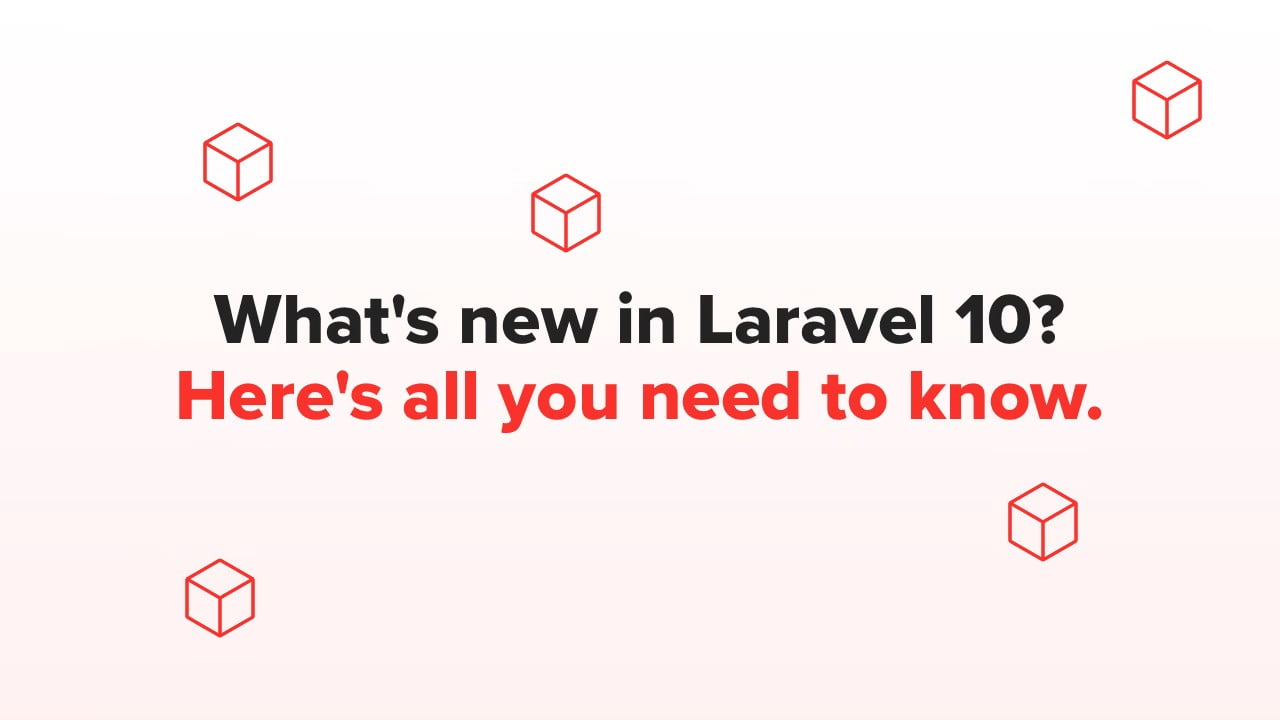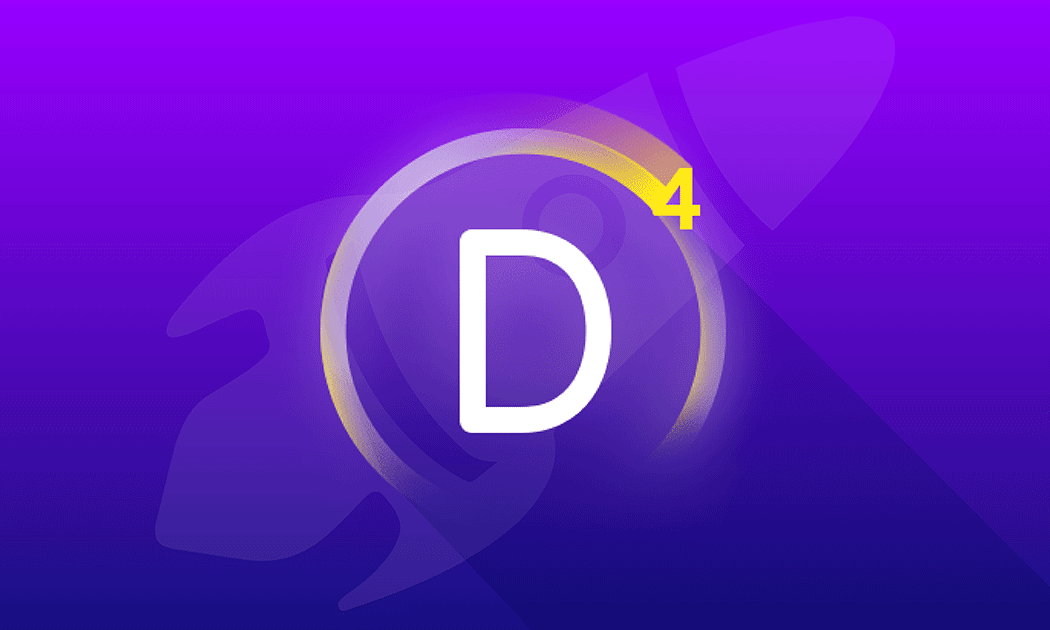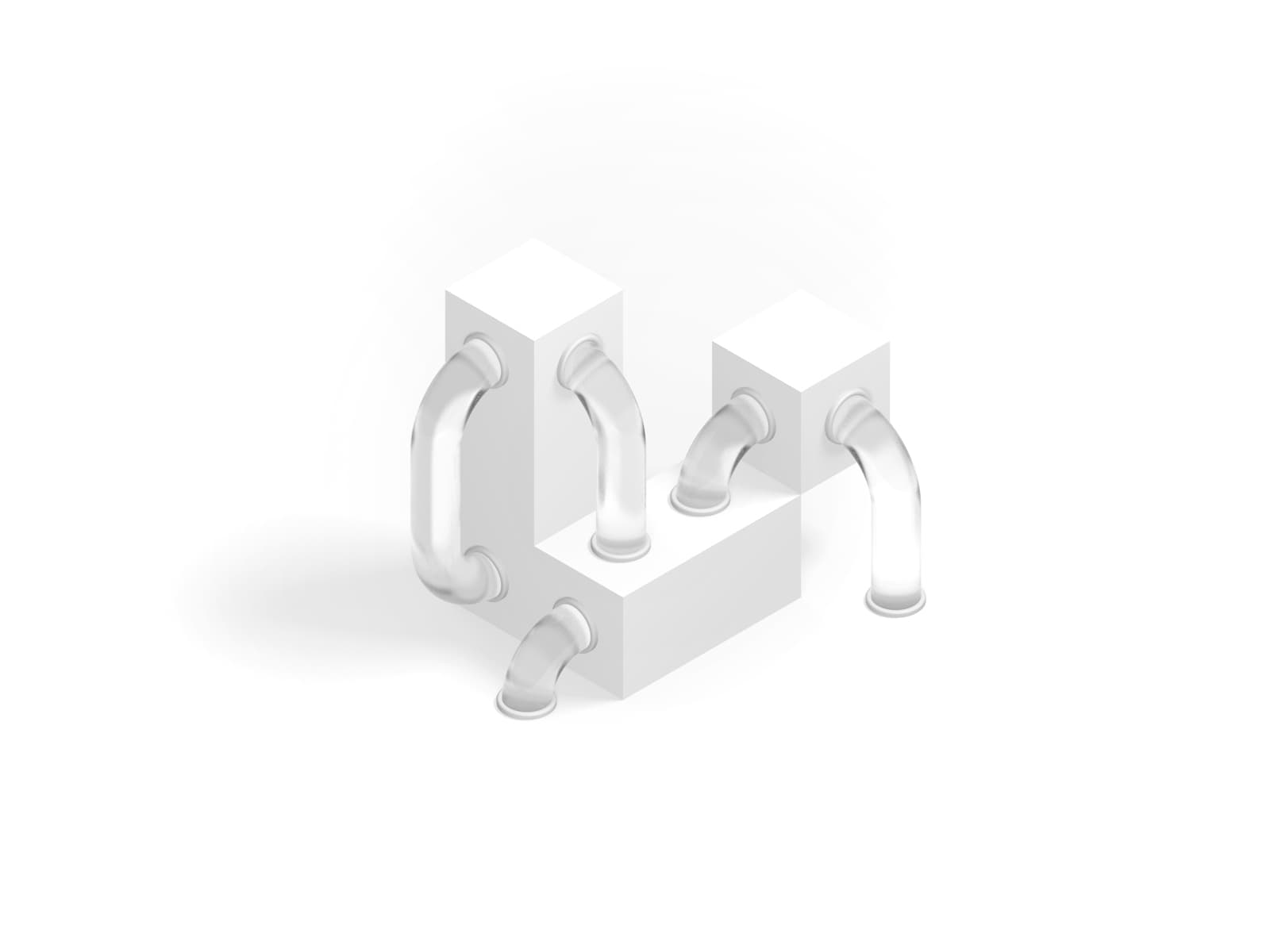Laravel 10 was released on February 14, 2023, and includes a number of new features and improvements. Some of the most notable changes include:
- Native type declarations: Laravel 10 now supports native type declarations in the application skeleton code. This means that any code in userland generated by the framework will have type-hints and return types. This can help to improve code quality and readability, and can also make it easier to write unit tests.
- Laravel Pennant: Laravel Pennant is a first-party package that adds feature flags to any Laravel 10 project. Feature flags allow you to control the availability of application features, which can be useful for A/B testing, staging environments, and other scenarios.
- Improved support for external processes: Laravel 10 includes a new, developer-friendly abstraction layer for starting and interacting with external processes. This can be used to run tasks such as database migrations, queue jobs, and email notifications.
- Other improvements: Laravel 10 also includes a number of other improvements, such as support for PHPUnit 10, a new artisan command for generating feature flags, and a number of bug fixes and performance improvements.
Overall, Laravel 10 is a significant release that includes a number of new features and improvements. If you are using Laravel, I encourage you to upgrade to Laravel 10 to take advantage of these new features.
Here is a more detailed list of the new features and improvements in Laravel 10:
- Native type declarations: Laravel 10 now supports native type declarations in the application skeleton code. This means that any code in userland generated by the framework will have type-hints and return types. This can help to improve code quality and readability, and can also make it easier to write unit tests.
- Laravel Pennant: Laravel Pennant is a first-party package that adds feature flags to any Laravel 10 project. Feature flags allow you to control the availability of application features, which can be useful for A/B testing, staging environments, and other scenarios.
- Improved support for external processes: Laravel 10 includes a new, developer-friendly abstraction layer for starting and interacting with external processes. This can be used to run tasks such as database migrations, queue jobs, and email notifications.
- Other improvements: Laravel 10 also includes a number of other improvements, such as support for PHPUnit 10, a new artisan command for generating feature flags, and a number of bug fixes and performance improvements.





